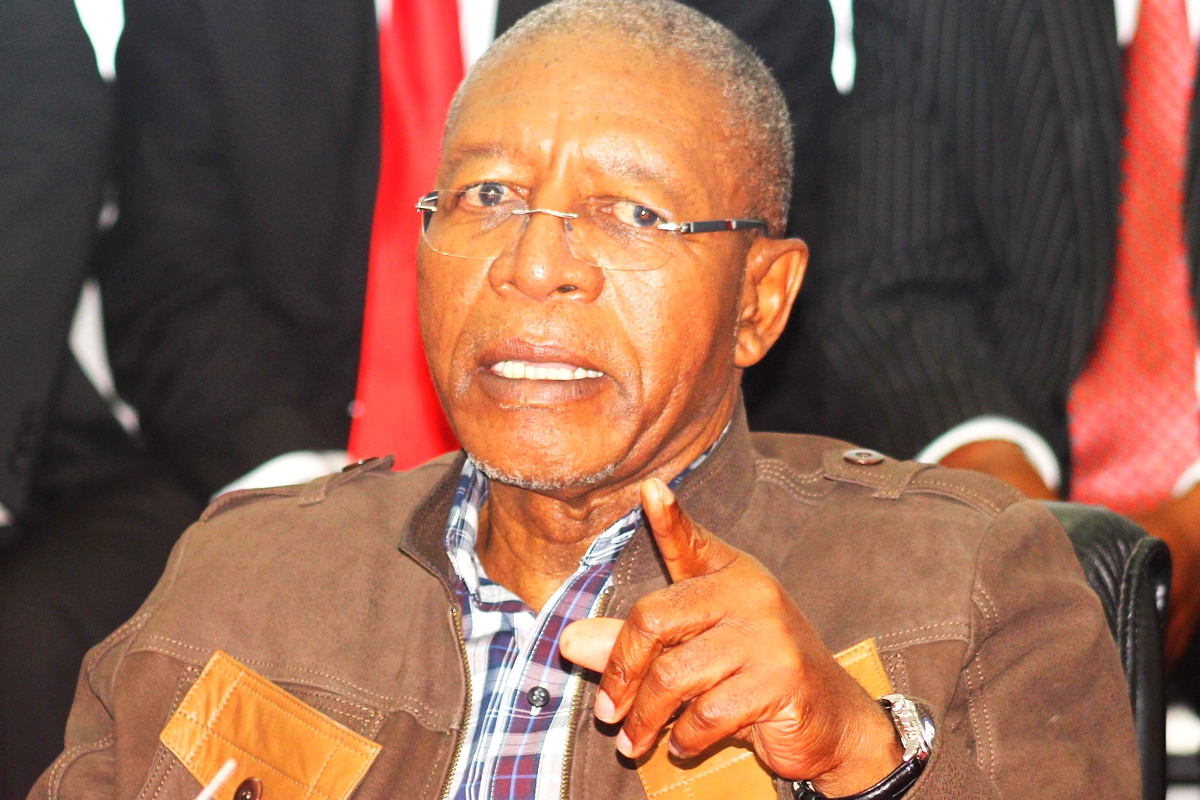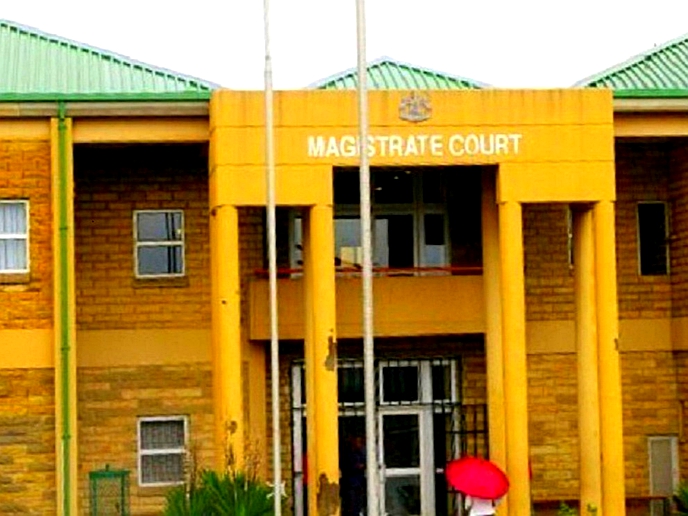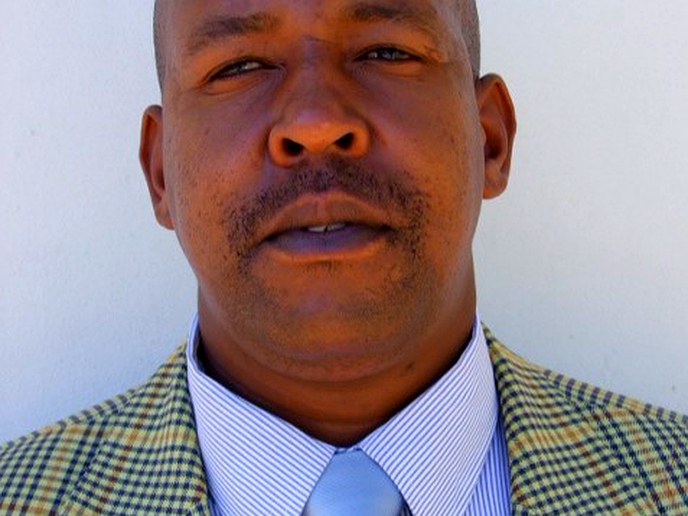MASERU – Participants in the just ended Plenary II of the ongoing national reforms process sturdily jeered legislators’ attempt at the justification of the M500 000 interest-free loans they get from government. Amongst other benefits, Members of Parliament (MPs) in Lesotho enjoy, interest-free loans of M500 000 payable within the parliament’s constitutional life.
news
Nov. 28, 2019
OWN CORRESPONDENT
4 min read
MPs’ defense of M500 000 loans angers public

Former Prime Minister Pakalitha Mosisili
The Lesotho government acts as a guarantor for all who are granted loans, and if a member defaults in paying the balance, the government repays the outstanding balance to the bank that may have granted the loan. During deliberations at the meeting, former Prime Minister, Pakalitha Mosisili, argued that while he felt MPs should continue enjoying the benefit of the hefty loans they should however pay them back should the life of parliament end for whatever reason.
Mr Mosisili said it had become evident that the granting of loans to legislators had angered the nation, “but the initial intent for the move was not bad at all”. He added: “The only problem with these loans is that when the government changes all the loans are paid by the government, even for those who continue to be in parliament and are able to pay back the loans.”
He insisted that they had to rethink the manner in which the entire loan facility had been carried out to ensure that MPs who were still in parliament reimbursed their loans. Mr Mosisili maintained government should not continue to be the guarantor for defaulting MPs.
The former prime minister’s utterances followed a presentation by Development for Peace Education (DPE) coordinator, Sofonea Shale, which critiqued the loan facility based on views collected from members of the public.
In his representation, Mr Shale had shown that the nation was divided on the issue, with one section of the public supporting the continuance of the loans while another called for the law facilitating the loans to be scrapped – on the grounds that MPs already enjoyed decent salaries. MP for Mabote constituency Fako Moshoeshoe argued for the perpetuation of the loans, saying: “our salaries are low compared to other regional and continental counterparts”.
According to him, “the loans at least supplement our low salaries, especially because we work hard in parliament. These loans can also attract better educated people to become the MPs.”The majority of MPs present at the discussions appeared to support the continuance of the loans, but with a provision that government no longer became guarantor for defaulters.
Amongst the observers present, a lady who opted for anonymity questioned the legislators often declared love and care for the nation, reasoning their actions betrayed their utterances.
Enjoy our daily newsletter from today
Access exclusive newsletters, along with previews of new media releases.
“I don’t see any sign of love here because you already have good salaries, yet you also want to continue taking these loans,” the lady said. She said the sad news was that they as the tax payers were the ones to repay those loans regardless of their financially bankrupt status. “We remain poor as citizens of this country, but you at least have good salaries. Why do you also want to continue taking these loans? This is not fair,” she quipped.
In her report on the consolidated financial statements of government for the year ended March 31, 2018, the Auditor General, Lucy Liphafa, noted that in April 2015 government had written off an amount of M32 229 285 as loss in respect of the MPs of the 8th parliament and another loss of M43 547 948 in December 2017 for the MPs of the 9th parliament.
“I have further noted that some of the members whose balances were written off by the government in 2015 and in 2017 have been granted new loans in the amount of M500 000 during the 10th parliament in spite of the fact that the previous outstanding loans had been written off,” she said in her report.
She warned government that the repayment of outstanding loans for MPs following dissolution of parliament before expiration of the constitutionally specified term constituted a substantial loss of funds to the government.
Ms Liphafa continued: “The loss calls for a need for the government to consider an enactment of a law that will alleviate unjust enrichment such as prohibiting MPs whose loans were previously written off to have access to new loans.”
Another issue that engrossed the attention of participants was floor-crossing in the National Assembly, with most people arguing MPs should be barred from crossing to different parties without first seeking the mandate of the constituency.
Participants also felt individuals who contested for election into the National Assembly, as well as those appointed to become Senators should hold high tertiary qualifications, calling for the abolition of the constitutional clause that allowed for prorogation of parliament.
The meeting also voiced concerns over the use of the parliamentary motion of no confidence in a sitting prime minister, saying it opened up a conduit to topple government and in turn snap elections that impoverished the country as it was expensive to be regularly holding national polls.
“If MPs do not have confidence in a sitting prime minister they should elect someone in the House to avoid dipping into the public purse in calling for fresh election,” some said.
Tailored for you






